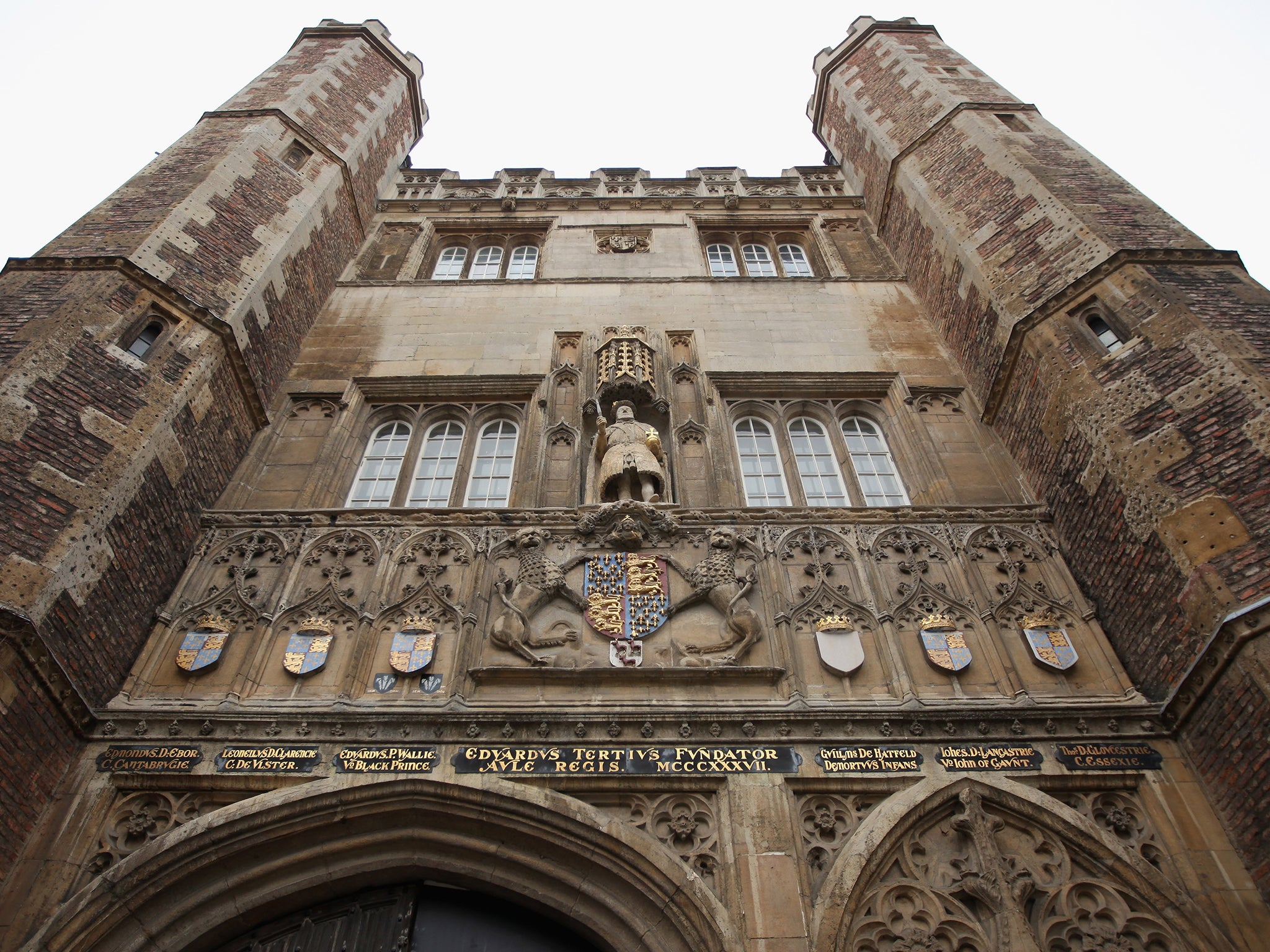Wittgenstein Jr, Lars Iyer, review: Tale of a tormented genius
Conversations between the students keep returning to love, that longed-for yet unlikely state of consciousness

A class of Cambridge philosophy undergrads – 12 young men left of the original 45 – are fascinated with their teacher, a scholar with a vague past and a lot of heavy questions on his mind. They nickname him Wittgenstein, after his famous predecessor, and keep attending his classes, despite often being unable to understand what is being said. Wittgenstein is at turns patient and cross with his students; he invites them to join him on his walks, needed “to wash off his brain”.
The narrator, a scholarship boy from Yorkshire, is aware of being the odd one out among the posh. The only other Northerner in their group is a working class youth, regarded by everyone as a real oddity: when his aristo classmate tries to imagine his background, the picture is of him walking “past slag heaps and barred factory gates...”
Those familiar with Lars Iyer’s Spurious trilogy, also centred on philosophical conversations laced with angst and irony, will recognise his cadences: the voice goes up and down with each repetition, giving the impression of an experienced lecturer talking to a class. Italics abound in the text, at first somewhat distracting, but soon becoming of a piece with the story, recounted by an impressionable young man to whom even quote marks in his teacher’s speech are audible. The narrator is a poet who keeps his poetry to himself. When he finally reads some of it to Wittgenstein, he gets little encouragement, but his admiration for the teacher only grows stronger.
Wittgenstein’s subject is logic, of which there is so little around. He makes predictions about the world “after philosophy”, when “the first morning of the world will dawn again”. Generally pessimistic about our day and age, he is especially caustic when it comes to academia: “Do we believe that dons teach at Cambridge? No, they train at Cambridge! Do we believe that dons think at Cambridge? No, they bid at Cambridge! […] The new don has made Cambridge into an advert.”
Cambridge extracurricular activities involve drink and drugs, wild parties and one-night stands, with the occasional piece of theatre thrown in. Conversations between the students range from light-hearted banter to apocalyptic pronouncements, and keep returning to love, that longed-for yet unlikely state of consciousness. As Michaelmas draws to an end, the narrative grows more solemn, and Christmas brings a denouement that could easily be tragic, but is instead left open-ended. The novel makes you feel a little sad, as any true story of first love would, and, as any book by a true philosopher would, gives you a lot of food for thought.
Melville House, £12.99
Order for £11.69 (free p&p) from the Independent Bookshop: 08430 600 030
Join our commenting forum
Join thought-provoking conversations, follow other Independent readers and see their replies
Comments